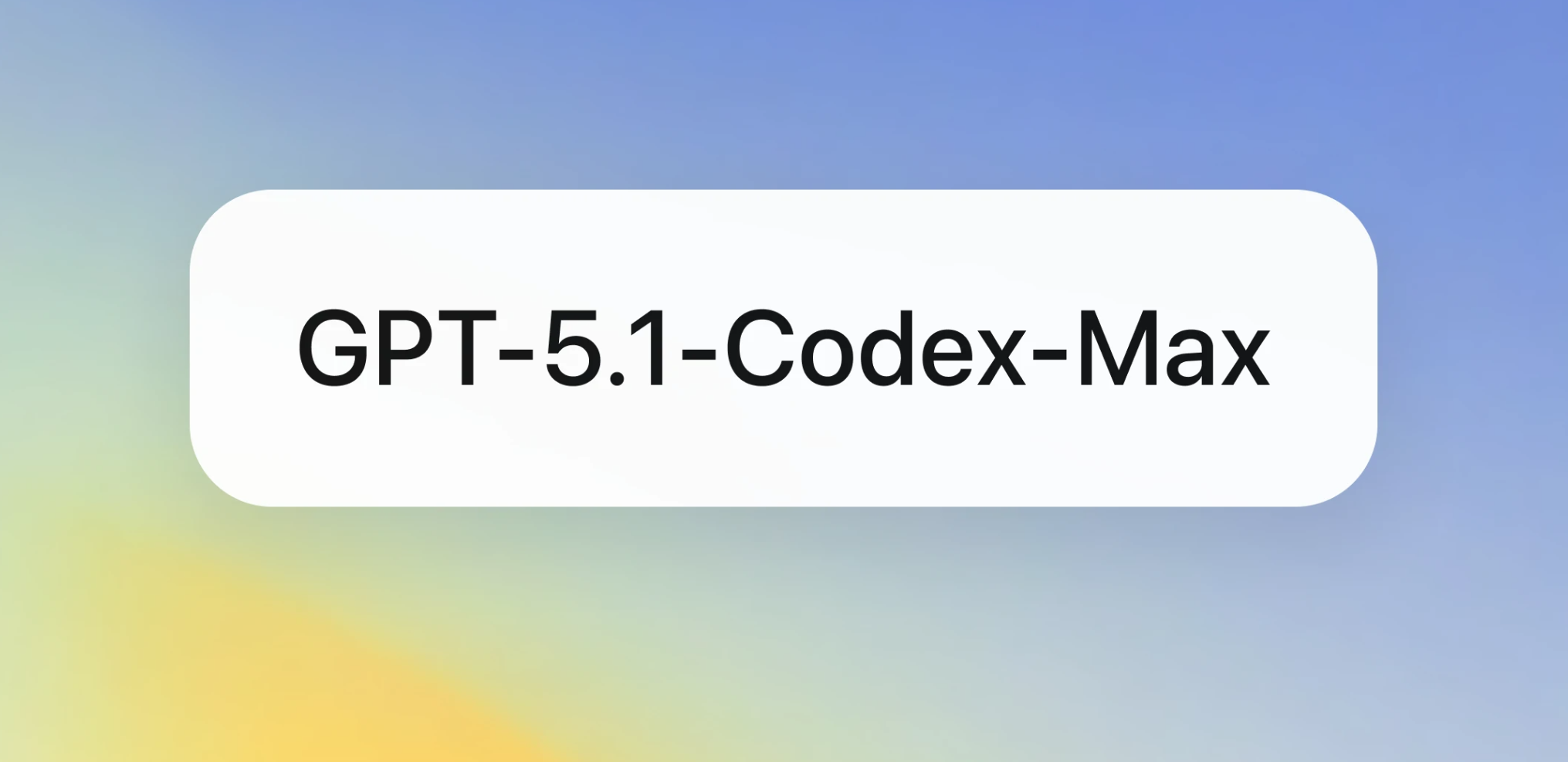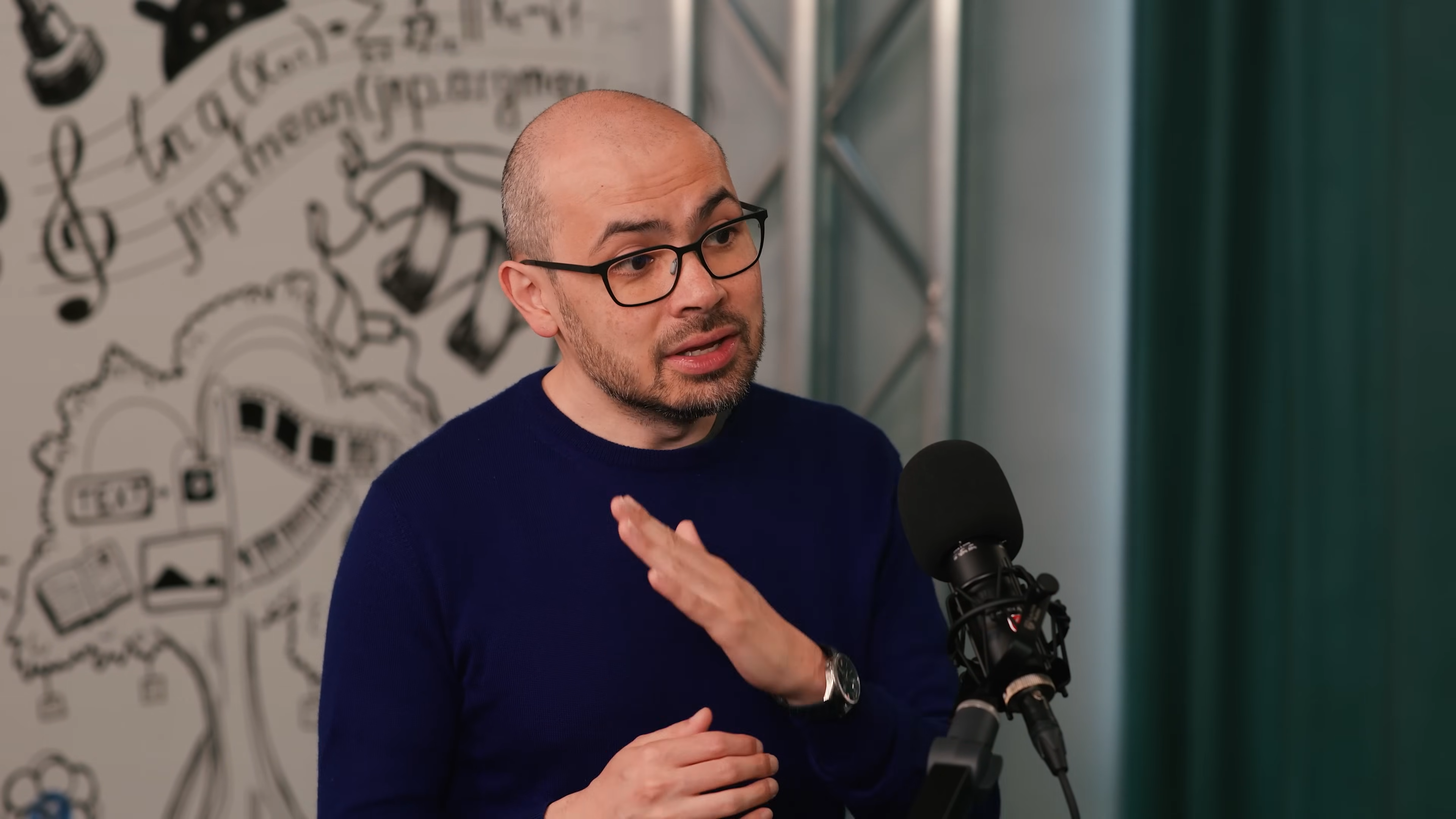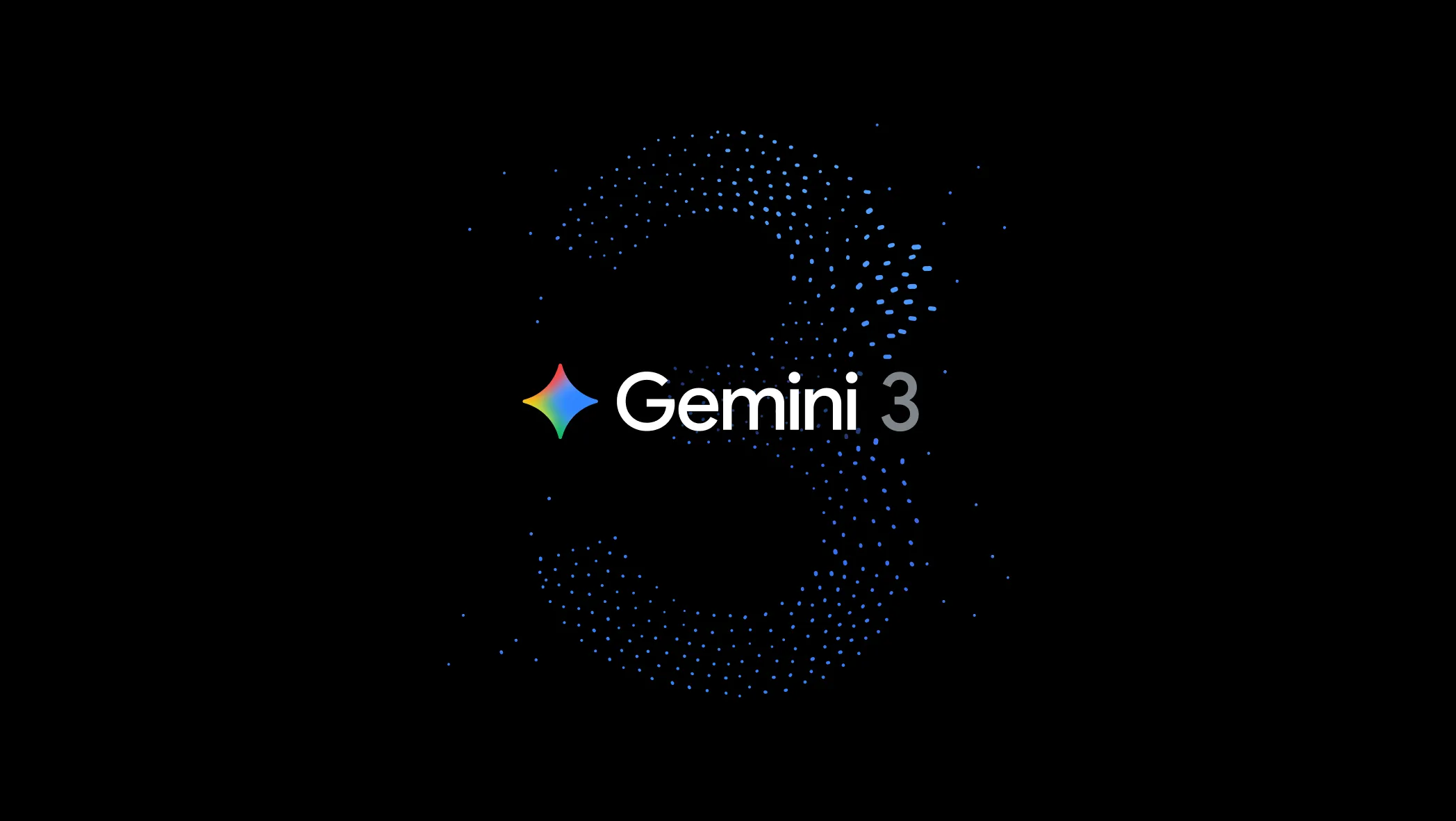Read full article about: Adobe, Qualcomm, and Humain partner to develop AI tools for Arabic content and the Middle East
Adobe, Qualcomm, and Humain have announced a partnership to build AI tools focused on Arabic content and the broader Middle East market. The collaboration was unveiled at a US-Saudi investment forum held during Saudi Crown Prince Mohammed bin Salman’s visit to Washington.
Adobe plans to integrate the Arabic-language model Allam into its software for marketing, film, and television. In return, Humain will use Adobe’s Firefly Foundry to develop its own AI models tailored for Arabic-language applications.
Humain’s AI systems will run in its data centers on Qualcomm hardware. Qualcomm’s new AI200 and AI250 chips are designed to handle the models’ video generation tasks. The company also plans to open a joint research center with Humain in Riyadh next month.
According to the partners, the first large-scale rollout is expected in 2026, with Qualcomm chips delivering up to 200 megawatts of performance. Humain is backed by the Saudi Public Investment Fund, which has been expanding its investments in AI and semiconductor technology.
Read full article about: Elon Musk's xAI in talks to raise $15 billion at $230 billion valuation
Elon Musk's AI company xAI is reportedly in advanced talks to secure $15 billion in new funding, according to the Wall Street Journal. The deal would value the company at $230 billion, a sharp increase from the $113 billion valuation it reported in March following its merger with X. Musk's financial adviser Jared Birchall shared the terms with investors on Tuesday evening. It's still unclear whether the new valuation applies before or after the additional investment.
Like other AI firms, xAI is burning through cash as it builds out its infrastructure. In June, the company raised $5 billion in equity and $5 billion in debt to construct a massive data center in Memphis. Musk's space company SpaceX contributed $2 billion to that round.
Read full article about: Larry Summers resigns from OpenAI's board after release of emails with Jeffrey Epstein
Former U.S. Treasury Secretary and Harvard professor Larry Summers has stepped down from OpenAI's board following the publication of his email exchanges with Jeffrey Epstein. Summers had already announced on Monday that he would withdraw from all public roles, though it was initially unclear whether that included his position at OpenAI.
Summers said he was grateful for his time on the board and planned to continue following the company's work. OpenAI told CNBC that it respected his decision and valued his contributions. As a board member, Summers was among the few people directly involved in key decisions related to artificial general intelligence (AGI) at the company.
His resignation comes after the U.S. Congress released more than 20,000 documents revealing his communications and contacts with Epstein.
Read full article about: Agent 365: Microsoft launches management platform for AI agents
Microsoft has introduced Agent 365, a new platform designed to help organizations manage their AI agents as if they were part of the workforce.
Agent 365 includes five core features: a centralized registry for every AI agent in the organization through Microsoft Entra, access control using unique agent IDs, performance dashboards for tracking efficiency, integration with Microsoft 365 apps and corporate data, and built-in security managed by Microsoft Defender and Microsoft Purview.
The system works with Microsoft's own tools like Copilot Studio, but it also supports open-source frameworks and third-party solutions from partners such as Adobe, Nvidia, ServiceNow, and Workday. Agent 365 is available in the Microsoft 365 Admin Center and is currently being tested through Microsoft's Frontier program.





